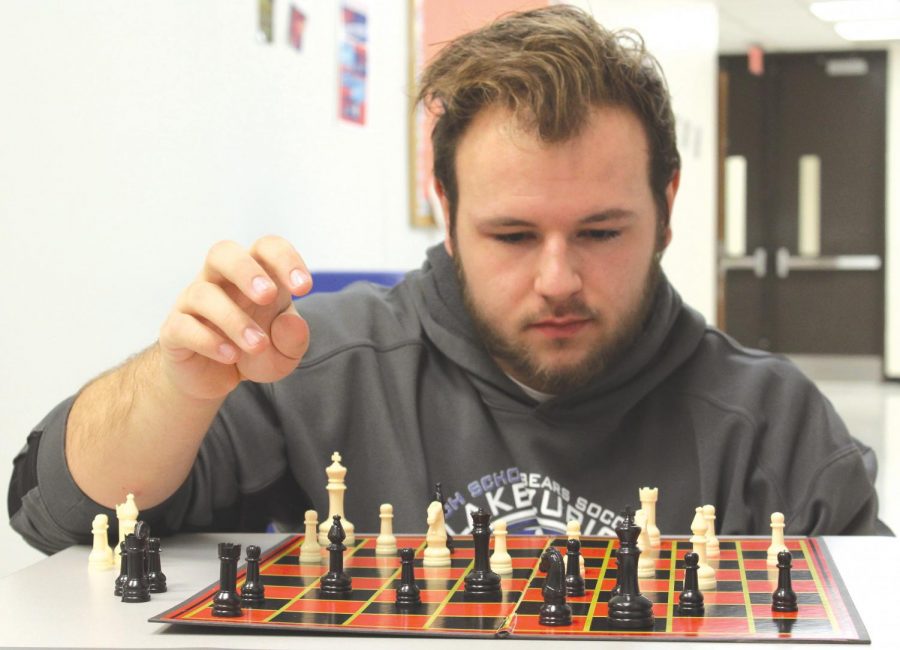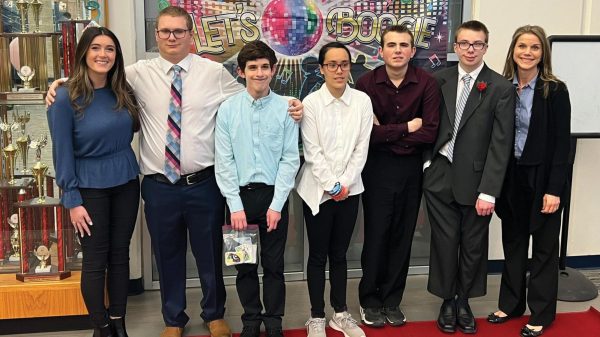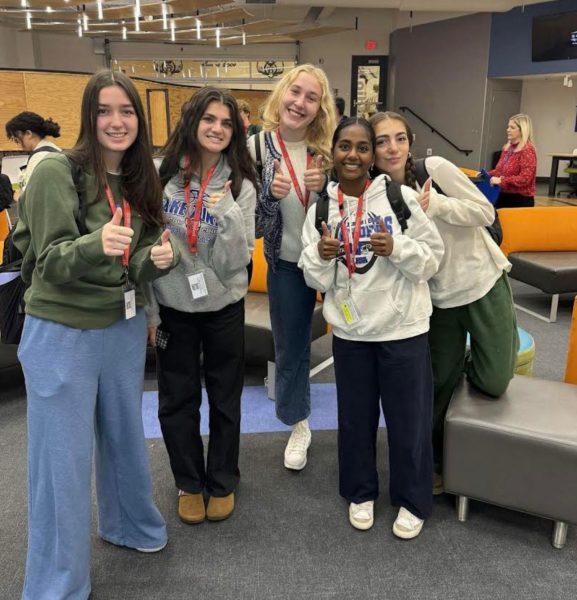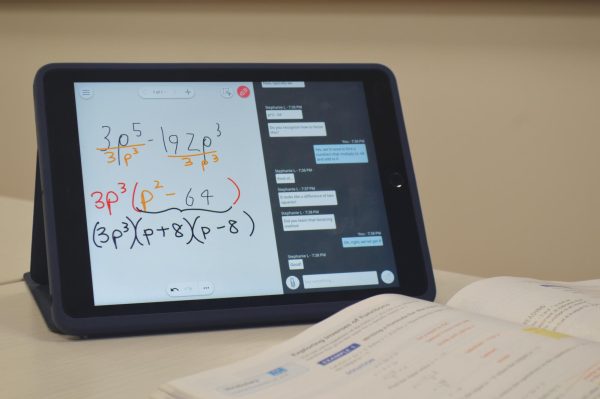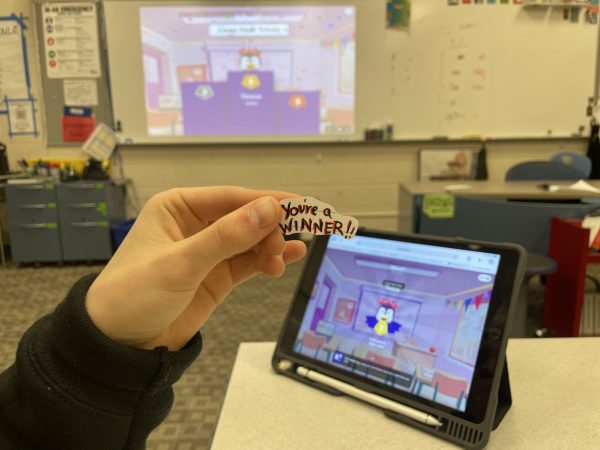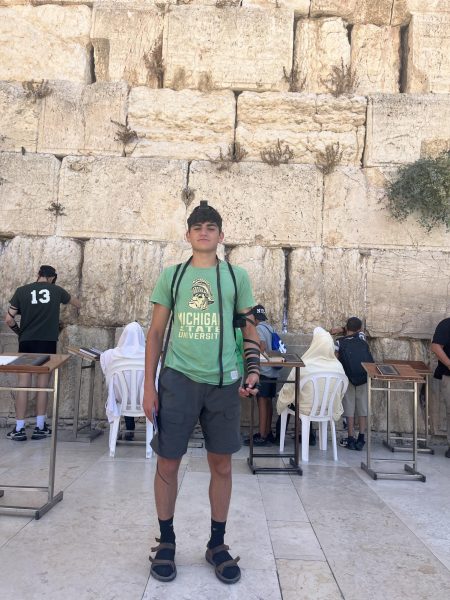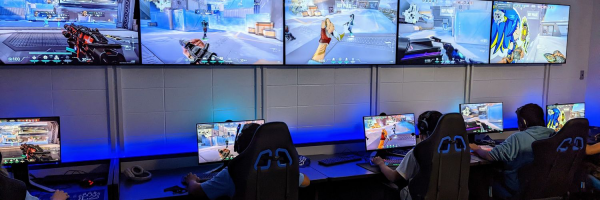Game for the brain
One senior revives his passion for chess
Photo by Photo by Annette Suk
Robert Mepham, senior, thinks through his next chess move. For him, the game is a mental challenge that he enjoys and that keeps his mind sharp.
With online games on the rise, childhood board games may have lost its charm. But a fateful encounter with one YouTube video changed a simple board game’s appeal. For Robert Mepham, senior, his interest in chess grew.
Psychologists often state that chess is an effective way to improve memory function. It allows the mind to solve complex problems and work through ideas. A simple game of Monopoly can be entertaining, but chess is the game for the brain. Mepham appeals towards the idea and how his brain functions.
“It’s so mental. You have to be able to think of moves for the future,” Mepham said. “When I was playing in that one tournament, I knew certain ways to play the first 10 moves, but there are some people that are not even thinking for the first 20 moves. They just know where to move their pieces. If I move a piece here, then they’ll move it there. I just think it’s crazy that if you memorize it and analyze a game, you just know what to do. Then it takes other people, like me, a little more time to look at the board. I can still make the right move, but some people are just so quick at it.”
While Mepham certainly does have some competition with chess, he anticipates the final move to checkmate his opponent. He does have to manage his sports and schoolwork, Mepham enjoys his hobby for chess.
“I think what’s so mind-blowing about chess is the feeling when you’re playing someone and you see how someone could checkmate you but then they don’t. You just get to make that final move and then say, ‘checkmate’,” Mepham said, smiling. “The thrill of it comes from outwitting your opponent. You see the moves to make and also know what they’re going to make. You kind of have to work around that strategy to finally win and you just outplay them with your brains, essentially.”
Involved in chess club, he has made some memories from his friends and the other members there. Nathan Kim, senior, recalls the amusing memories of their time playing chess together.
“Only after I [met] him did I know he knew how to play [chess]. He likes to bluff, many of which I’ve fallen for, and he ends up winning a piece or two.” Kim said.
Xavier Paprocki, senior, has known Mepham since kindergarten. They did not know each other through chess but became chess buddies. Together, they continue to play chess on their iPad.
“We’ve played a lot of games in chess. We had a Spanish class last year and it was so boring, so we would sit in the back and quietly play chess against each other. Sometimes we’ll play when we’re both at home and on break,” Paprocki said.
Mepham is also involved in two sports: volleyball and soccer. His interest rose from the concept that chess was different from sports, with more mental than physical attributes.
“I think it is the complete opposite end of the spectrum. Sports is definitely skill-based, it’s a lot of athletics and stuff, with physical accomplishments. But chess is the complete opposite. It is 100% skill but there’s no physical aspect of it. It’s all your brain,” Mepham said. “You have to be smart and think into the future.”

As a senior, Annette is in her fourth and final year of journalism. It is also her first year as a Business Manager. Annette is a very excited FAME leader...

